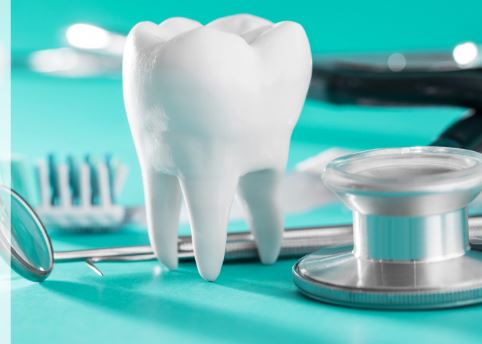×
The Standard e-Paper
Join Thousands Daily

Other than brushing their teeth, most people don’t give much thought to dental health. Many people put off minor dental issues, promising themselves to attend to the issue once schedules open up.